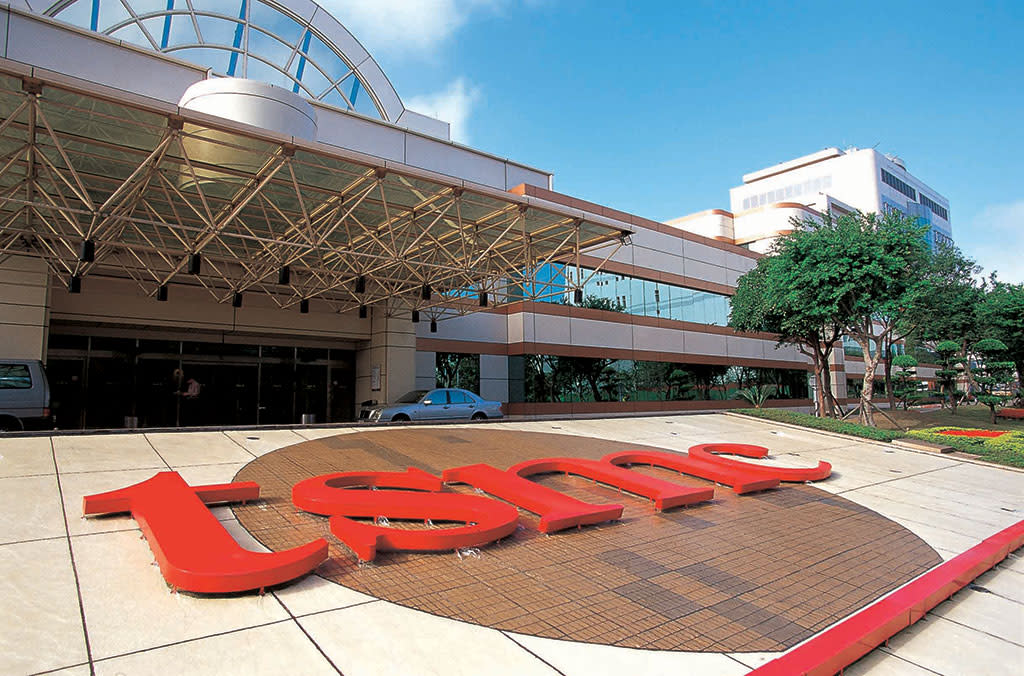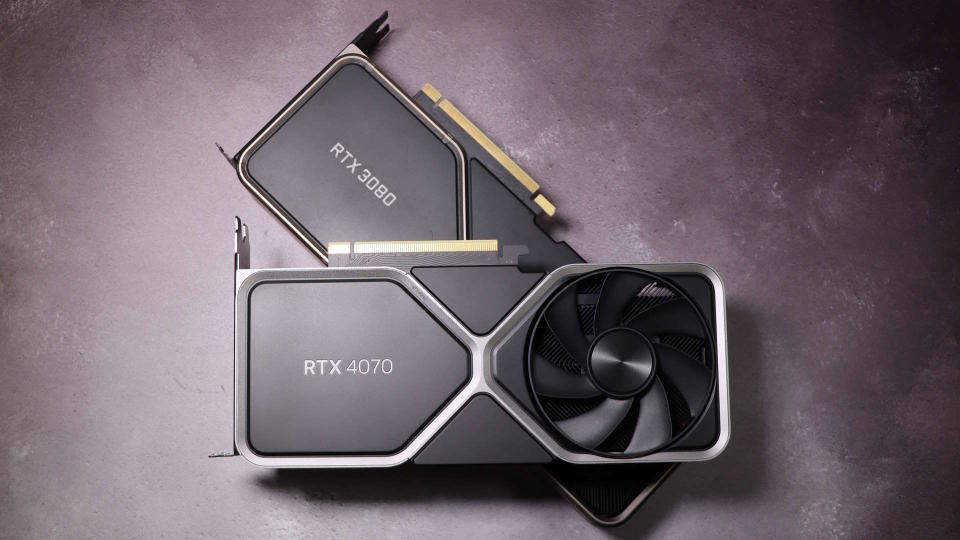Taiwanese chipmaking bounces back after last week's 7.4 magnitude earthquake

On Wednesday, the 3rd of April, a 7.4 magnitude earthquake struck Taiwan. It was followed by a series of aftershocks and there were fears that many of the Taiwanese based chip makers and manufacturers would see production disruptions as a result. In the week or so since, those fears look mostly unfounded.
Thankfully, most of Taiwan's population centers and semiconductor manufacturing facilities are not located in the mountainous eastern regions of Taiwan, where the earthquake's epicenter was located. TSMC was quick to resume operations following an assessment of its critical tools. As much as 80% of its production capacity was back online within just 10 hours of the quake.
TSMC isn't the only chip maker with Taiwan-based facilities. According to Trendforce, DRAM manufactures including Micron, Nanya and Winbond had achieved a near full recovery by the 8th of April.
However, Micron's Taoyaun facility reportedly had to scrap over 60% of its wafers in progress. These wafers are built with Micron's most advanced manufacturing processes, so there could be some upwards price adjustment in the server markets, where high density chips and modules are destined to end up.
Your next upgrade

Best CPU for gaming: The top chips from Intel and AMD.
Best gaming motherboard: The right boards.
Best graphics card: Your perfect pixel-pusher awaits.
Best SSD for gaming: Get into the game ahead of the rest.
Overall though, Trendforce estimates the earthquake will reduce second quarter output by less than one percent, meaning the earthquake will have a minimal impact on consumer memory prices.
So, with little impact on overall semiconductor manufacturing capacity, the PC market—and gamers by extension—have dodged a bullet. Such events do underscore the reliance on Taiwan-based semiconductor manufacturing to global supply chains.
Taiwan's susceptibility to earthquakes is one of many reasons why governments are seeking to diversify chip making capabilities away from Taiwan. We've talked a lot about the US government's effort to increase its domestic semiconductor industry, headlined by grants being distributed as part of the CHIPS Act.
Should a really big Taiwanese earthquake significantly disrupt chip supply, the downstream effects would be significant, and it could easily lead to a global recession.
Taiwan is tectonically active due to its location atop a convergent plate boundary. The island is effectively a series of smaller island arcs that have been squashed together. As a result, chip making facilities and building codes in general are designed with earthquakes in mind. Taiwan showed its ability to dodge a 1-in-25 year earthquake without catastrophic damage, but who knows? There's always a possibility of 'the big one': Something Californians are all too aware of.

